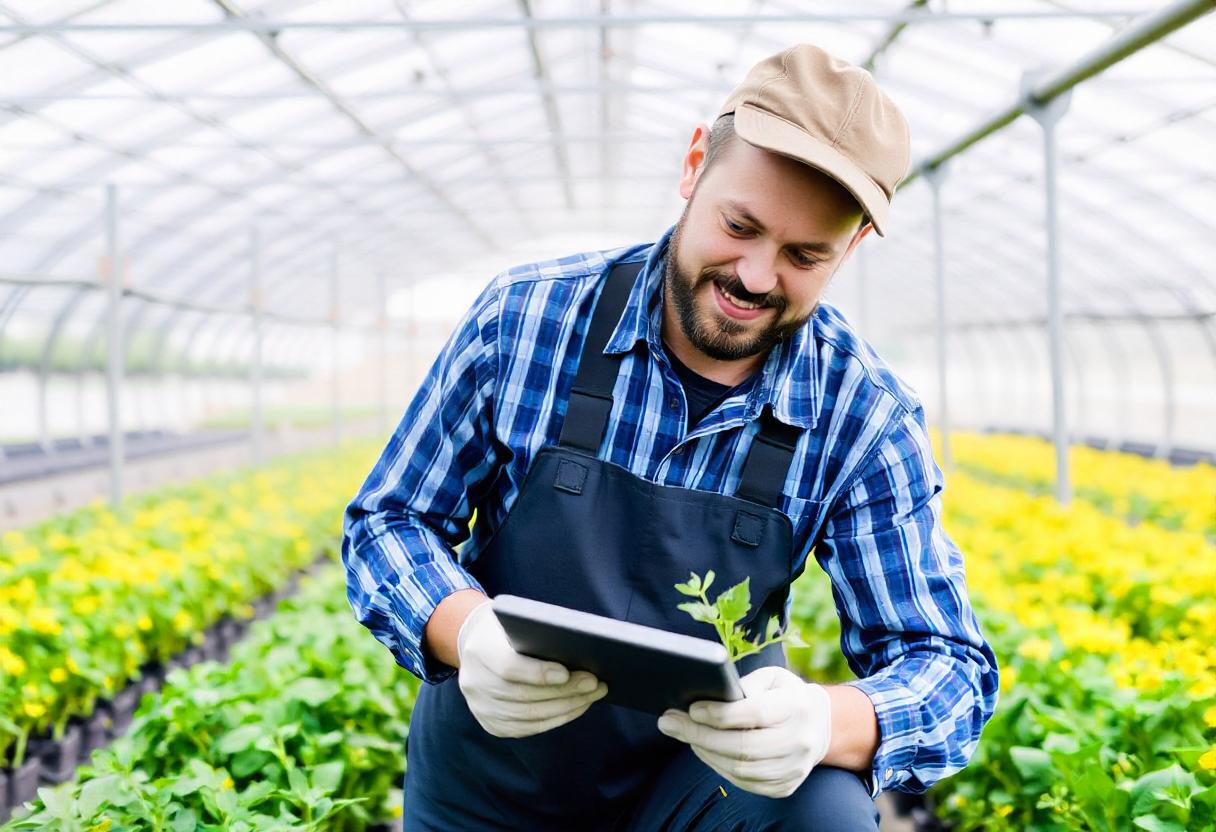
Agriculture technicians play a crucial role in modern farming and agricultural research. They support agricultural scientists, farmers, and land managers by applying their technical skills and knowledge to various aspects of crop and livestock management, soil science, and environmental conservation. Their work is essential for enhancing productivity, sustainability, and efficiency in agriculture.
Job Responsibilities
Agriculture technicians are involved in a wide range of tasks, depending on their specialization and the needs of their employers. Common responsibilities include:
- Soil Testing and Analysis: Conducting tests to determine soil composition, nutrient levels, and pH balance. They analyze the results to recommend soil treatments, fertilizers, and amendments.
- Crop Management: Monitoring crop health, implementing pest control measures, and advising on crop rotation strategies. They help in the application of pesticides and fertilizers and may assist in managing irrigation systems.
- Livestock Care: Assisting in the care and management of livestock, including feeding, breeding, and health monitoring. They may also help in recording data on animal growth, production, and health issues.
- Equipment Maintenance: Ensuring that agricultural machinery and equipment are in good working condition. This includes routine maintenance, repairs, and troubleshooting technical problems.
- Data Collection and Reporting: Gathering and analyzing data related to agricultural practices, crop yields, and environmental conditions. They prepare reports and recommendations based on their findings.
- Research Support: Assisting agricultural scientists in conducting research experiments. This may involve setting up experiments, collecting samples, and analyzing research data.
Required Skills and Qualifications
Agriculture technicians need a mix of technical skills, practical experience, and educational qualifications to perform their duties effectively. Key skills and qualifications include:
- Educational Background: Typically, a diploma or associate degree in agricultural science, biology, or a related field is required. Some positions may require a bachelor’s degree or specialized training.
- Technical Skills: Proficiency in using agricultural equipment, conducting laboratory tests, and analyzing data. Familiarity with Geographic Information Systems (GIS) and other agricultural technologies can be advantageous.
- Problem-Solving Abilities: Strong analytical and troubleshooting skills to address issues related to crop and livestock management, equipment malfunctions, and soil health.
- Attention to Detail: Precision in carrying out tests, recording data, and implementing agricultural practices is essential for ensuring accuracy and effectiveness.
- Communication Skills: Ability to communicate effectively with farmers, researchers, and other stakeholders. Clear reporting and recommendations are crucial for successful collaboration and decision-making.
Work Environments
Agriculture technicians work in various settings, including:
- Farms and Ranches: Directly involved in the day-to-day operations of crop and livestock management. They may work outdoors, in fields, barns, or greenhouses.
- Laboratories: Performing soil, water, and plant tissue analysis in a controlled environment. Laboratory work often involves using specialized equipment and techniques.
- Research Institutions: Supporting agricultural research projects, including field trials and experimental studies. They may work with research scientists and other technical staff.
- Government and Extension Services: Providing technical support and advice to farmers and agricultural businesses through government agencies or extension services.
Career Outlook
The demand for agriculture technicians is influenced by factors such as advancements in agricultural technology, the need for sustainable farming practices, and changes in food production methods. As the agriculture industry evolves, there will be ongoing opportunities for technicians with specialized skills and knowledge.
Overall, agriculture technicians play a vital role in the success of modern agriculture by ensuring that farming practices are efficient, sustainable, and scientifically informed. Their contributions are essential for addressing the challenges of food production and environmental stewardship.